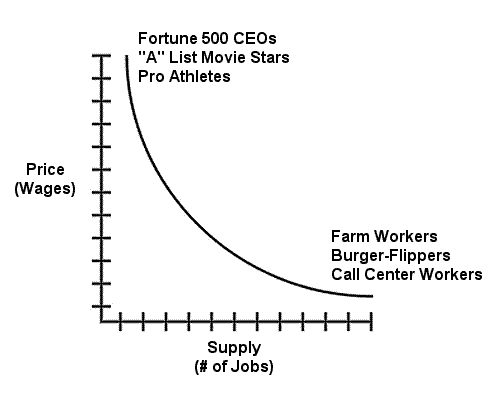As he made his point, I drew from my bag a copy of The Global Economic Crisis, and soon was telling the group that this book would do just what that gentleman had just said needed to be done.
But this is not a ordinary book on financial literacy that will tell people about the differences between banks and credit unions, the role credit scores play in our personal lives, or how to access small business financing. This book is a compilation of essays by some of the most socially conscious political and economic minds of our time, including James Petras, Bartle Professor (Emeritus) of Sociology at Binghamton University, New York, and the author of more than 60 books published in 29 languages, Peter Phillips, Professor of Sociology at California State University--Sonoma and director of the Project Censored Awards program, Peter Dale Scott, a former Canadian diplomat and English Professor at the University of California--Berkeley, and renowned researcher of the New World Order, Ellen Brown, author of the best selling book Web of Debt, which examines the inner workings of the Federal Reserve, and Mike Whitney, an independent writer in Washington State, who analyzes the inner workings of Wall Street. .
The Global Economic Crisis describes the big picture, the global macroeconomics that translate into high unemployment, massive foreclosures, drastic cuts in local governmental services, and bankruptcy for millions of individuals, and businesses large and small, worldwide. And the understanding of economics at the global level, not how to open a checking account or how to shop for an auto loan, is the financial literacy the public needs most.
The book, which is divided to five parts, starts with a 58-page history lesson by editor Michel Chossudovsky, professor emeritus in economics at the University of Ottawa. The essay explains why the global economy is in the dire shape it is in now, and who is responsible. That essay alone is worth the price of the book because it makes clear that any notion of an "invisible hand" that guides the marketplace to equilibrium in the absence of government interference by taxation and regulation is a myth. Any invisible hands in the marketplace bear the fingerprints of the big investment banks, merchant banks and hedge fund managers, and they have their thumbs on the scale.
The description of the current situation continues in Parts IV and V, titled The Global Monetary System and The Shadow Banking System, respectively. Read Ellen Brown's essay "Wall Street's Ponzi Scheme" and Mike Whitney's essay "Securitization: the Biggest Rip-Off Ever" that close the book and you will be hoping, if you don't already, that orange jumpsuits become the new fashion statement among the financial elite.
Between Chossudovsky's opening essay and the last two parts of the book, the contributors link the manipulative behavior of "the powers that be" to other major problems in the economy and society at large. For example: In one of the six essays that make up Part I, "Globalization and Neoliberalism: Is there an alternative to plundering the earth?" Claudia von Werlhof, professor of Women's Studies at the Institute of Political Science in Innsbruck, Austria observes that under neoliberal economic policy "[s]ocial, cultural, traditional and ecological considerations are abandoned and give way to a mentality of plundering. All global resources that we still have natural resources, forests, water, genetic pools have turned into objects of utilization. Rapid ecological destruction through depletion is the consequence."
Chossudovsky and Phillips take on the subjects of the global economy, poverty and social inequality in Part II. Six authors take up the interconnection between the current global economy and "War, National Security and World Government" in Part III.
In total there are 20 essays in this book, each with end-notes and if necessary, graphs, tables and sidebars to bring home the point: The world's real economies, and with them the quality of our lives and environment, are being destroyed by a handful of people and institutions. Yet The Global Economic Crisis doesn't read like a dry textbook. My biggest problem in reading it on the train ride I most frequently made between Oakland and Berkeley, California, was that the ride was too short to let me settle in with the book.
(Note: You can view every article as one long page if you sign up as an Advocate Member, or higher).





